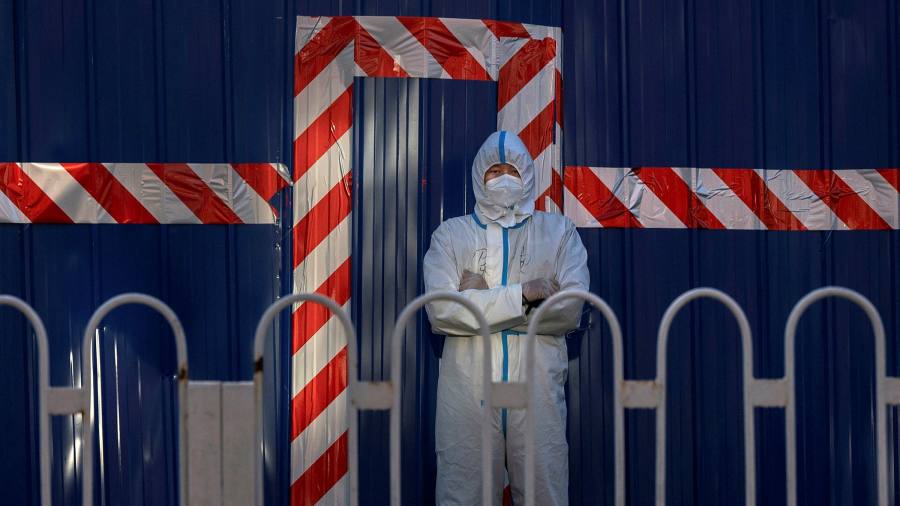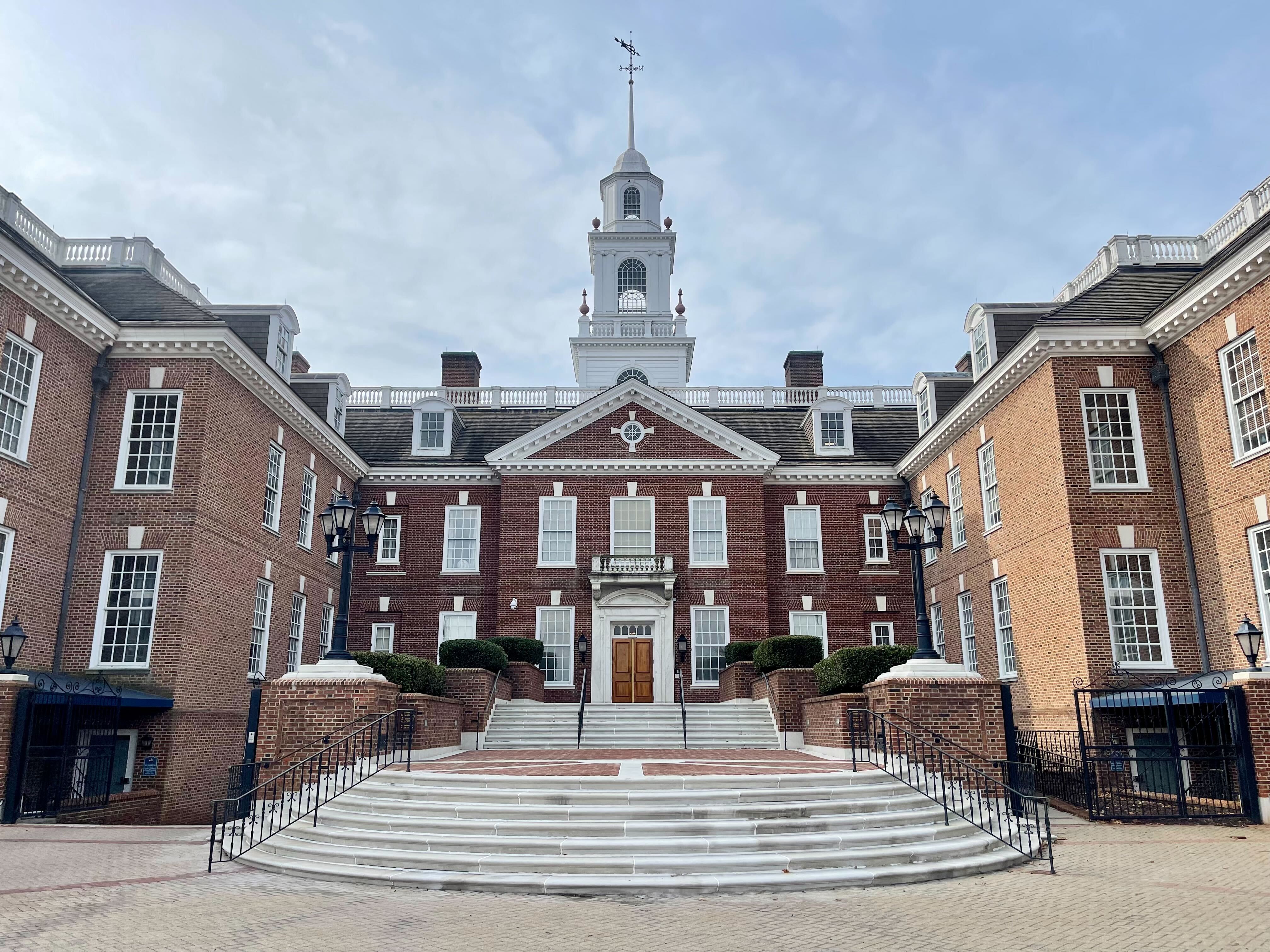Airbus is nearing a deal with Spirit AeroSystems to take over parts of the aerospace supplier’s work on some of its key aircraft programmes, paving the way for Boeing to purchase the rest of the group.
Under the agreement, Airbus would take over the work that Spirit does for its A220 and A350 aircraft programmes at several sites around the world, including in Belfast in Northern Ireland, said several people familiar with the discussions.
Talks are “moving in the right direction”, these people said. An announcement could come as early as next week although they cautioned that it could yet slip as discussions continue on what is a complex agreement between the three companies. Boeing is expected to take over the bulk of Spirit’s operations, including its main facility in Kansas.
Boeing has been in talks with Spirit since March as the US plane maker seeks to improve the supplier’s manufacturing processes after the mid-air blowout of a section of the main body of one of its 737 Max aircraft in January. Spirit supplies Boeing with the fuselages and both companies are undergoing an audit by the US’s aviation safety regulator.
News of the talks comes days after Boeing and Airbus acknowledged they included parts in their jets, purchased from Spirit, that were made with titanium whose certification documentation was counterfeit.
An agreement, however, has been complicated by the fact that the Kansas-based group is also a key supplier to Europe’s Airbus from sites including in Northern Ireland, Scotland and the US.
Spirit’s Belfast facilities build the wings and mid-fuselage sections for the A220 passenger jets. Some other A220 work is done at a site in Casablanca, Morocco. Spirit builds sections for the A350 wide-body jet in Kinston, North Carolina and Saint-Nazaire, France.
Airbus, which previously confirmed it was in talks with Spirit about potentially acquiring some of the activities the supplier carries out for it, has been focused on carving out the work for the A220 and A350 programmes, said the people briefed on the talks.
The Belfast facilities are lossmaking. Analysts have suggested Airbus could agree to pay a nominal sum to take over the work on the A220 programme subject to due diligence.
Spirit also does work for other aviation customers at its sites. Belfast manufactures the fuselage sections and other critical components for a range of business jets built by Canada’s Bombardier.
Unions in Northern Ireland have raised concerns over a break-up of the Belfast operations, which span six sites and employ more than 3,000 people. They are integral to the region’s thriving aerospace industry and are part of the historic Short Brothers factory.
Unite, the union representing the vast majority of Spirit workers across the UK, said it was seeking urgent assurance that the Belfast and Prestwick operations would be acquired intact with no loss of jobs.
“The livelihoods of workers must not be put at risk as corporate giants carve up the future of this company,” Unite general secretary Sharon Graham said. “It is vital that all workers are quickly given cast iron guarantees over their futures.”
Spirit reported a net loss of $617mn in the first quarter after Boeing slowed operations at its 737 Max factory in Washington state and stopped accepting flawed fuselages from the Kansas supplier, in an effort to improve the quality of Boeing’s own manufacturing processes. The supplier last reported an annual profit in 2019.
Boeing declined to comment. Spirit said the company remained “focused on providing the best-quality products for our customers”.
Airbus said it was in discussions with Spirit “to protect the sourcing of our programmes and to define a more sustainable way forward, both operationally and financially, for the various Airbus work packages that Spirit AeroSystems is responsible for today”.
Reuters first reported that talks were nearing an agreement.
Additional reporting by Jude Webber in Belfast.



























